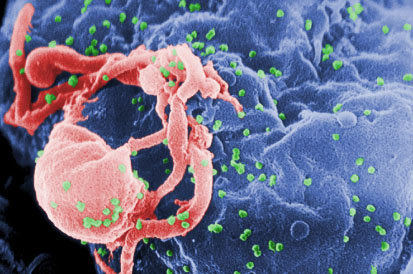
HIV self-testing among key populations: an implementation science approach to evaluating self-testing
| Author List |
|---|
| Joseph D Tucker |
| Chongyi Wei |
| Razia Pendse |
| Ying-Ru Lo |
Abstract
Objectives: To review methods for measuring HIV self-testing (HIVST) among key populations, including both conventional approaches and implementation science approaches. Methods: We reviewed the literature on evaluating HIVST among key populations. Results: Simple HIV self-tests have already entered markets in several regions, but metrics required to demonstrate the benefits and costs of HIVST remain simplistic. Conventional measurements of sensitivity, specificity, acceptability, and behavioural preferences must be supplemented with richer implementation science measurement tools and innovative research designs in order to capture data on the following components: how self-testing affects subsequent linkage to confirmatory testing, preventive services and onward steps in the HIV continuum of care; how self-testing can be marketed to reach untested subpopulations; and how self-testing can be sustained based on overarching organisational and financial models. We outline an implementation science research agenda that incorporates these components, drawing from evaluation study designs focused on HIVST and testing in general. Conclusion: HIVST holds great promise for key populations, but must be guided by implementation research to inform programmes and scale up
Published
Article Category
HIV cure research
Article Type
Original research
Posted Date
28-11-2014
| File Name |
|---|
| 1417801980JVE1-1Tucker et al.pdf |